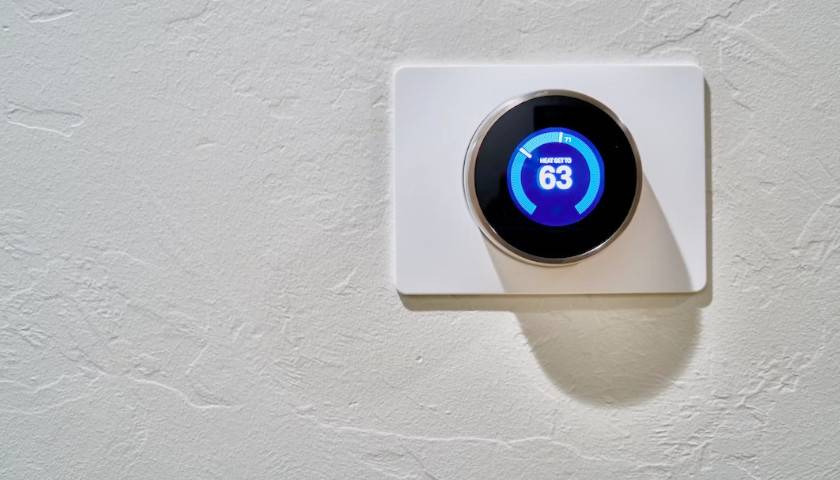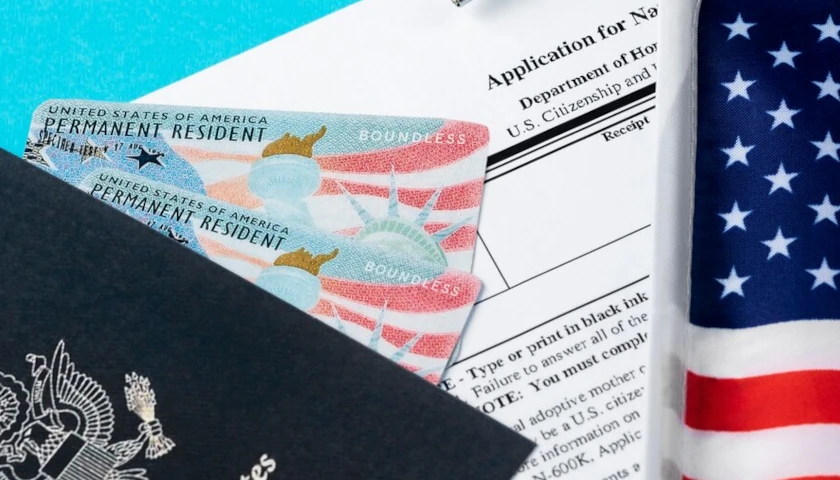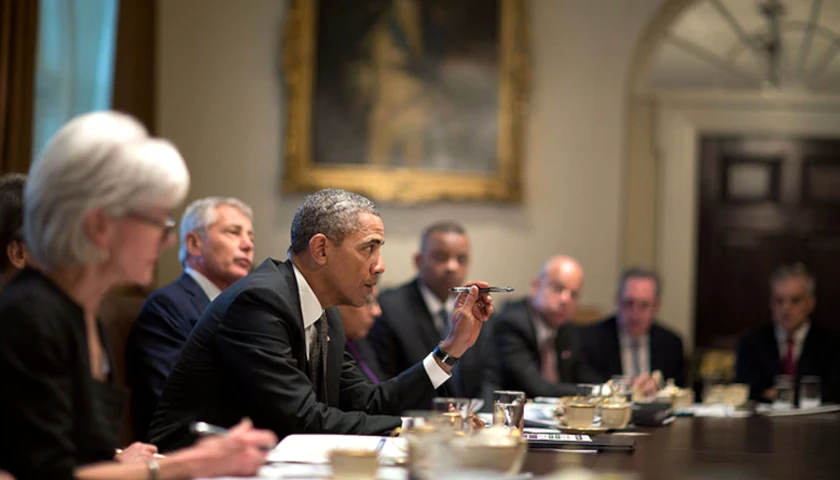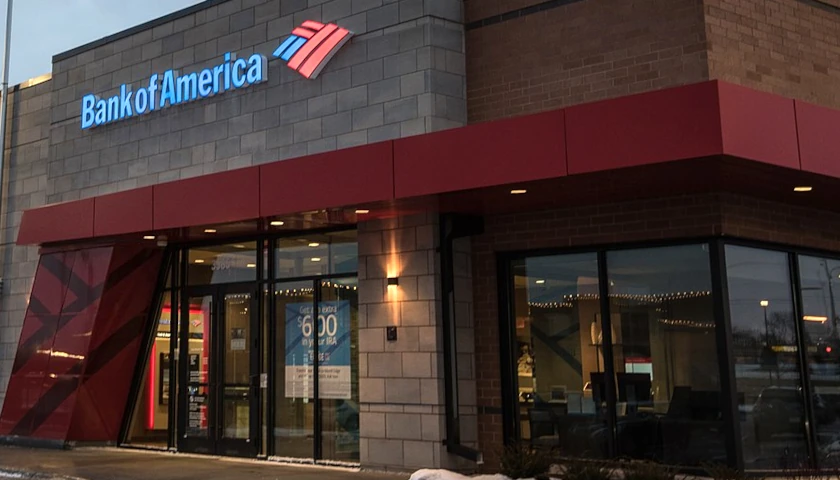by Madison Hirneisen
The Virginia General Assembly advanced two bills Tuesday lawmakers say could help lower electric costs for commonwealth residents and restore the ability of the state’s utility regulation agency to adjust rates when utilities bring in revenues above their authorized profit.
Two identical measures dubbed the “Affordable Energy Act” – Senate Bill 1321 and House Bill 1604 – gives the State Corporation Commission the ability to order reductions of base rates when it determines utilities are earning above their authorized rate of return. The bill also specifies the SCC can increase base rates if they produce revenues below the utility’s authorized rate of return, ensuring the resulting base rates are “just and responsible,” and give the utility the ability to recover costs and earn a “fair rate of return.”
Both SB 1321 and HB 1604 passed in unanimous floor votes Tuesday, which advances the bills to Gov. Glenn Youngkin’s desk for consideration.
Lawmakers and advocates touted the bills as protective measures to ensure ratepayers are not overcharged on their electricity bills. The measures followed studies by the SCC that determined Dominion Energy, the state’s largest electric utility, overcharged customers by $1.9 billion since 2009.
“We have seen that people are more and more worried about being able to pay their [electric] bill,” Sen. Jennifer McClellan, D-Richmond, said after Tuesday’s vote. “This bill will ensure that they [utilities] will not overcharge customers when utilities are earning more than our regulators say they should.”
When the bills were introduced earlier this session, lawmakers said previous action by the General Assembly in years past limited the State Corporation Commission’s ability to lower rates. Will Cleveland, a senior attorney with the Environmental Law Center, told The Center Square Tuesday that Dominion was “able to consistently overcharge” customers by hundreds of millions of dollars each year “because the Commission has not had the authority to adjust the rates and set them fairly.”
“These bills give the Commission that express authority, so I would expect that it should save customers hopefully around $300 million every year once the bill goes into effect,” Cleveland said.
Dominion Energy did not respond within deadline to The Center Square’s request for comment regarding the passage of the Affordable Energy Act.
Dominion is backing two measures – one in the House and one in the Senate – that have taken different forms as they’ve moved through the General Assembly. While the final version of the bills is yet to be seen, lawmakers have debated the inclusion of a provision that would alter how Dominion’s return on equity could be determined by the State Corporation Commission. Lawmakers have raised concern the inclusion of the provision would ensure Dominion would see a boost in its return on equity.
While the final versions of the Dominion-backed bills are still being hammered out, lawmakers expressed confidence the unfinished bills would not “undercut the progress” contained in the Affordable Energy Act.
“The momentum in the legislature is very clearly towards protecting ratepayers by restoring the SCC oversight,” the chief patron of HB 1604 Del. Lee Ware, R-Powhatan, said during a press conference Tuesday.
McClellan doubled down on this sentiment, saying she believes a “significant number” of legislators would not vote for the unfinished energy bills “unless we can be assured that it will lead to lower costs and not higher costs.”
In other action Tuesday, the House also passed SB 1323, which requires the SCC to establish energy efficiency savings targets for Dominion Energy customers who are low income, elderly, disabled or military veterans. Supporters say the measure, which now heads to Youngkin, will enable more Virginians to save money on their electricity bills.
– – –
Madison Hirneisen is a staff reporter covering Virginia and Maryland for The Center Square. Madison previously covered California for The Center Square out of Los Angeles, but recently relocated to the DC area. Her reporting has appeared in several community newspapers and The Washington Times.




